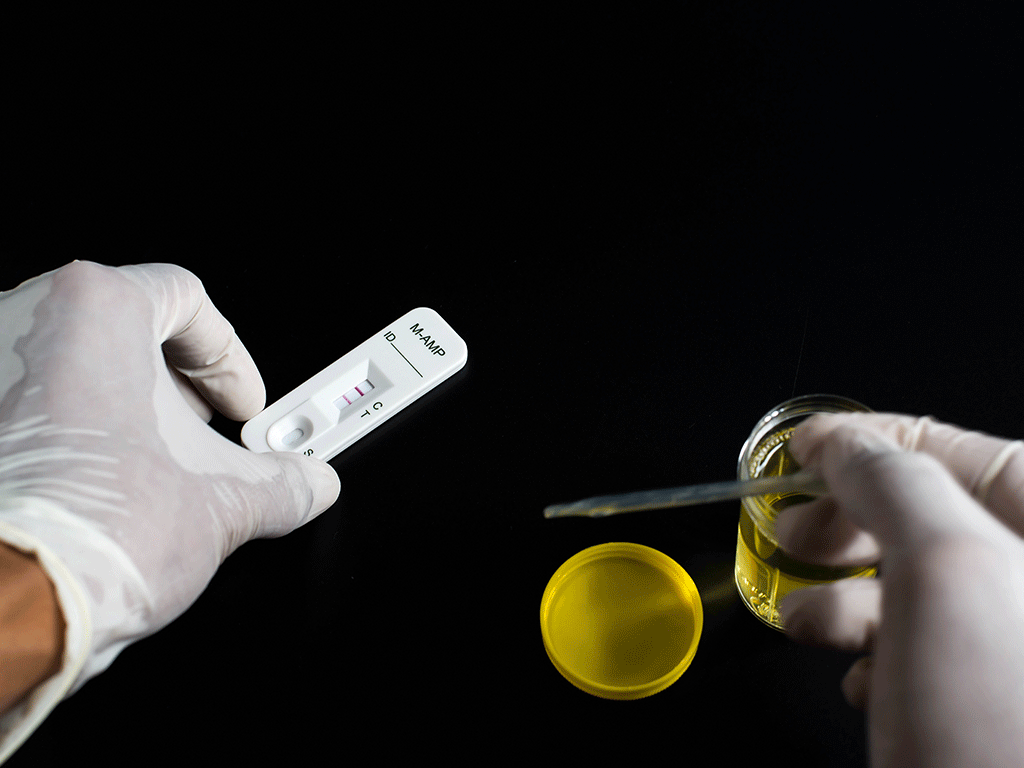
Many participants remarked how they could use delta-8 THC and still be productive, whereas they tended to use THC products recreationally, given its more potent, mind-altering effects. Participants were also much less likely to experience distressing mental states such as anxiety and paranoia. While it seems to cause slightly lower levels of euphoria, it also seems to produce fewer cognitive distortions such as an altered sense of time, short-term memory issues and difficulty concentrating. What’s remarkable, though, is how the profiles of their experiences differ.Ĭompared with THC, delta-8 THC appears to provide similar levels of relaxation and pain relief. Common conditions treated were anxiety or panic attacks, chronic pain, depression or bipolar disorder, and stress – afflictions that people also treat with delta-9 THC.Īs we expected, participants thought that delta-8 THC had effects that were somewhat less intense compared with THC.

About half said they used delta-8 THC to treat a health or medical condition, and almost one-third of participants said they exclusively used delta-8 THC to treat a health condition – they didn’t use it just for fun. Most of our participants consumed delta-8 THC through concentrates that were either eaten as edibles and tinctures or smoked by vaping – methods of ingestion that may be safer than smoking. In our study, we collected data via an online survey that was completed by more than 500 participants across 38 states. states have blocked the sale of delta-8 THC products due to a lack of research on its psychoactive effects and concerns over contamination with heavy metals and other toxic substances. While delta-8 THC can be bought in convenience stores and hemp shops in many states, over a dozen U.S. These studies, however, enrolled only a dozen individuals, and few policymakers seem to even be aware of their existence. Another, published in 1995, suggested that delta-8 THC could be used as a therapeutic treatment for the adverse effects of chemotherapy. One study from 1973 found that the effects of delta-8 THC mimicked those of THC, but weren’t as intense. There is little research on this component of cannabis. They seem to be especially popular in areas where THC products remain illegal or medical access is very difficult. Nonetheless, delta-8 THC products have become one of the fastest-growing sectors of the hemp industry. The Drug Enforcement Administration considers artificially It needs to be extracted from large amounts of plant material, transformed from another cannabinoid like CBD, or synthesized chemically. Natural concentrations of delta-8 THC in cannabis are too low for it to be effectively smoked in raw bud or flower.


The only difference is the position of a double bond in the carbon ring. The chemical structures of delta-9 THC – what’s commonly called THC – and delta-8 THC are strikingly similar.


 0 kommentar(er)
0 kommentar(er)
